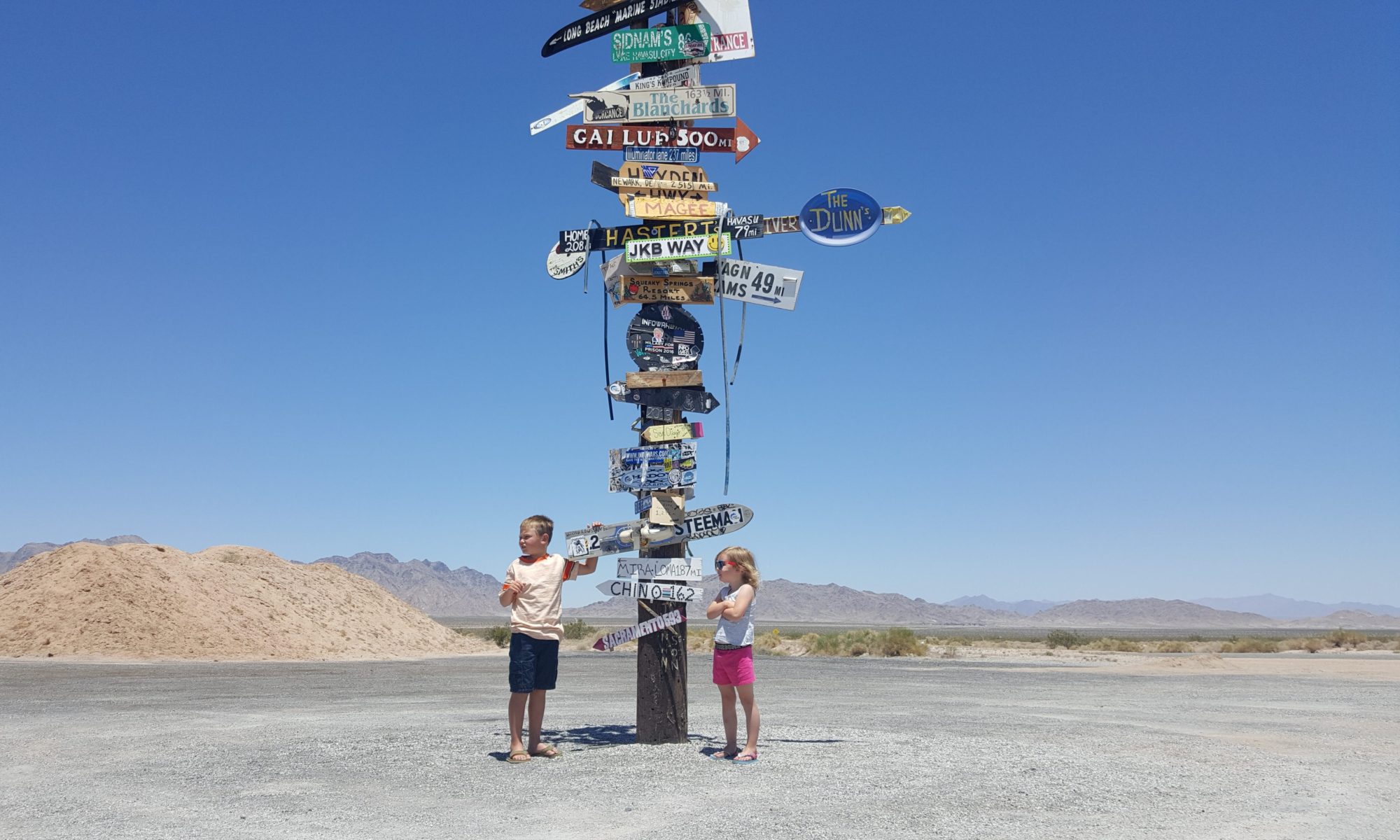Beginning with this chapter, Solomon reverts to his small nuggets of truth. In this chapter, Solomon describes the different characteristics of rich and poor men, good and evil men, or wise and foolish men in various situations.
In verse 22, Solomon states, “The Lord’s blessing is our greatest wealth. All our works add noting to it!” How is this possible? This is one of the great secrets of the Bible, but it is the primary thing God wants us to know.
Our journey begins in the third chapter of the book of John. “A Jewish religious man named Nichodemus came for an interview with Jesus.” Nichodemus had questions about Jesus’ ministry, and Jesus said, “You must be born again.” Nichodemus did not understand what Jesus was saying so Jesus further explained, “Men can only reproduce human life, but the Holy Spirit gives new life from heaven.”
After more discussion, Jesus continued: “For God loved the world (people) so much that He gave His only Son so that anyone who believes in Him shall not perish but have eternal life. God did not send His Son into the world to condemn it, but to save it. There is no eternal doom awaiting those who trust in Him to save them. But those who don’t trust Him have already been tried and condemned for not believing in the only Son of God.” (Verses 16-18).
Sometimes a person will ask, “why do I need to put my trust in Jesus?” it is because all humans are born with a sinful nature. We inherited that nature from our original ancestors, Adam and Eve. That sin nature causes us to do things that are not pleasing to God even when we don’t know what God requires.
In John 3:14, Jesus used an Old Testament illustration. The Israelite people were in a wilderness and began to complain against God and Moses. God sent poisonous snakes among the people and many were bitten and dying. When the people acknowledged their sin, God told Moses to make a bronze replica of the snake and attach it to the top of a pole. God said, “anyone who is bitten shall live if he simply looks at it. (Numbers 21:4-6).
Jesus used that story to illustrate how He would be raised on a cross to pay for the sins of all people. John himself in his first letter to his spiritual children wrote, “His name is Jesus Christ, the one who is all that is good and who pleases God completely. He is the one who took God’s wrath against our sins upon Himself and brought us into fellowship with God; and He is the forgiveness for our sins, and not only ours but all the world’s.” (1 John 2:1-2). By trusting by faith in what Jesus did for us on the cross, we are able to have the peace of God in our lives and a real purpose for living.
But the story doesn’t end there. While we are saved and have eternal life, we still have a sinful nature until we die and are in heaven with Christ. We can feel the guilt of our sins much greater than before we were saved.
We don’t want to sin, but we still do. We go back to 1 John to find the answer. “If we say that we have no sin, we are only fooling ourselves and refusing to accept the truth. But if we confess our sins to Him, He can be depended on to forgive us and to cleanse us from every wrong. And it is perfectly proper for God to do this for us because Christ died to wash away our sins.” (1 John 1:8-9).
We are not at the end of our story yet. After we have experienced God’s saving grace, He wants us to share it with other people so they can receive God’s grace also. There are many ways to share God’s love with others. We have a tendency to try to do that in our own strength, but many times we see no results or very few, and we get discouraged.
In Ephesians 2:8-10, Paul explains how all this works. “God saved you by His grace when you believed. And you can’t take credit for this; it is a gift from God. Salvation is not a reward for the good things we have done, so none of us can boast about it.” (Verses 8-9). Now verse 10 is the one I want to emphasize. “For we are God’s masterpiece. He has created us anew in Christ Jesus, so we can do the good things He planned for us long ago.” In other words, we are to do what He asks us to do in meeting the needs of others so they can see God’s love through us. But these are God’s works; His is responsible for the outcome. It is only our responsibility to do what He asks. (See also 1 Cor. 3 & 4).
So we are back to our original verse. “The Lord’s blessing is our greatest wealth. All our works add nothing to it.” (Proverbs 10:22).
